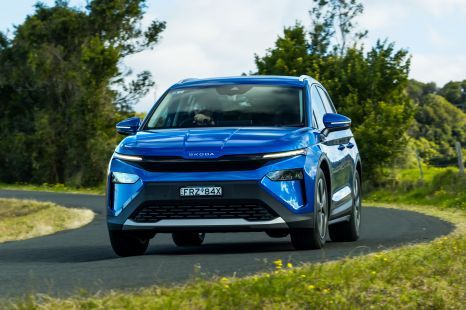

Josh Nevett
2026 Skoda Elroq review
5 Days Ago

News Editor
The Cherokee Nation wants Jeep to stop using its name on its SUVs.
The Jeep Cherokee and Grand Cherokee were named for the Cherokee people, a Native American tribe.
While the Cherokee name has been in continuous use by Jeep for over 45 years, the Cherokee Nation – the largest of the three Cherokee tribes – has previously said it doesn’t approve of Jeep’s use of their name.
Now, it’s asking Jeep to stop using the name for its mid-sized and large SUVs.
“I’m sure this comes from a place that is well-intended, but it does not honor us by having our name plastered on the side of a car,” said Chuck Hoskin, Jr., principal chief of the Cherokee Nation in a written statement to Car and Driver.
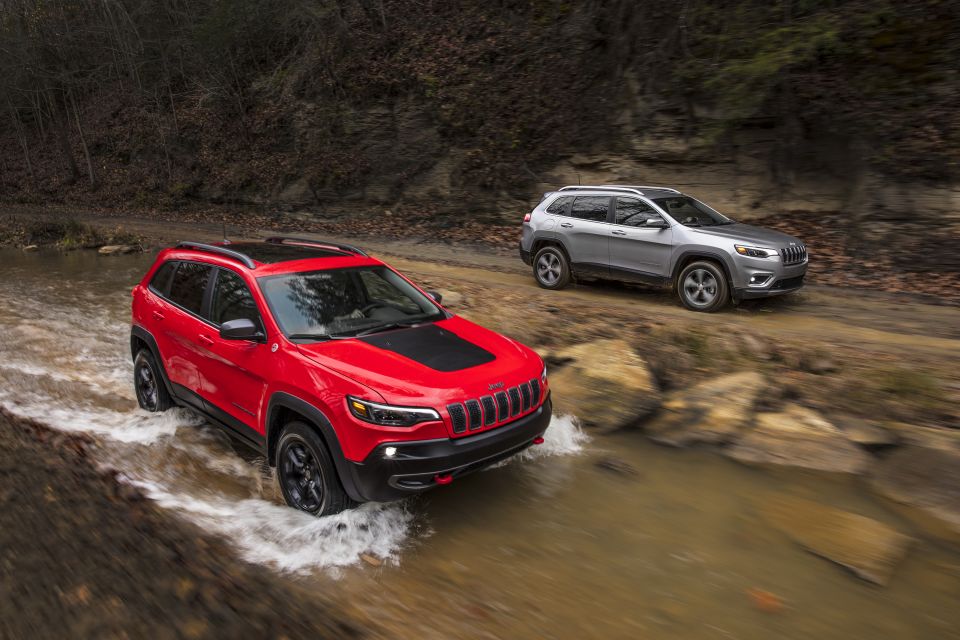
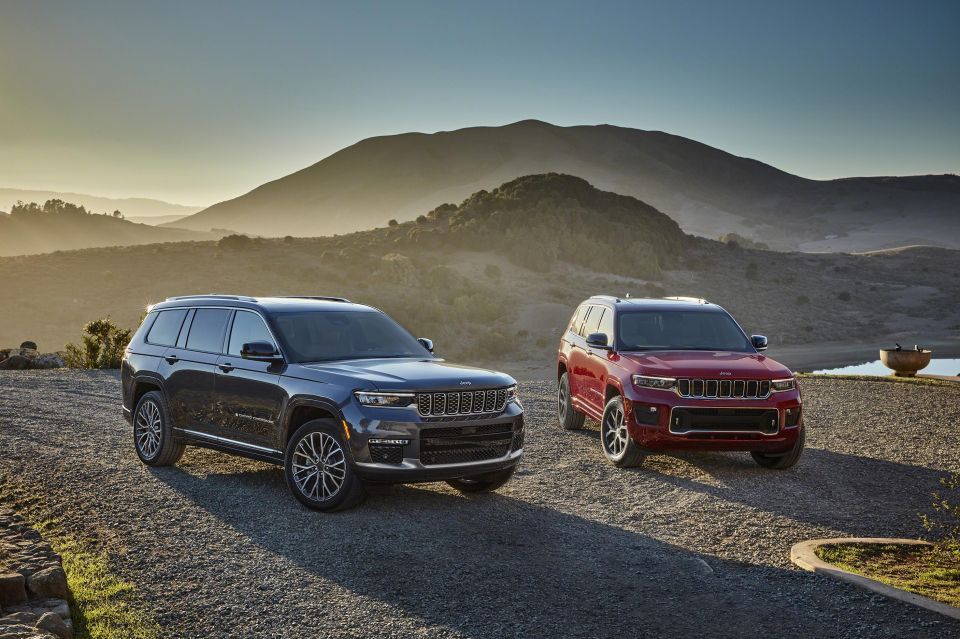
The call to drop the name comes at a time when racial issues have become extremely visible and American organisations are dropping names that are said to be examples of cultural appropriation.
The Cleveland Indians, a baseball team, announced it would change its name, while the Washington Redskins – a pejorative term for Native American people – has been renamed as the Washington Football Team pending a more permanent replacement.
Closer to home, confectionery company Allen’s announced it was retiring the Redskins name in favour of Red Ripper.
As the Cherokee name isn’t trademarked by the Cherokee people, they don’t receive any royalties for Jeep’s use of it.

The Cherokee Nation is based in Oklahoma, though the home of the Cherokee people was originally in the south-east of the country.
They were forcibly relocated as part of the Trail of Tears in the 19th century, and thousands of Cherokee people died during this government campaign.
The Cherokee removal, specifically, was initiated by the US government due to the discovery of gold.
“Our vehicle names have been carefully chosen and nurtured over the years to honor and celebrate Native American people for their nobility, prowess, and pride. We are, more than ever, committed to a respectful and open dialogue with Cherokee Nation Principal Chief Chuck Hoskin, Jr.,” said Jeep in a written statement.
Jeep first introduced the Cherokee nameplate in 1974 on a two-door version of the Wagoneer, and introduced the Grand Cherokee nameplate in 1993.
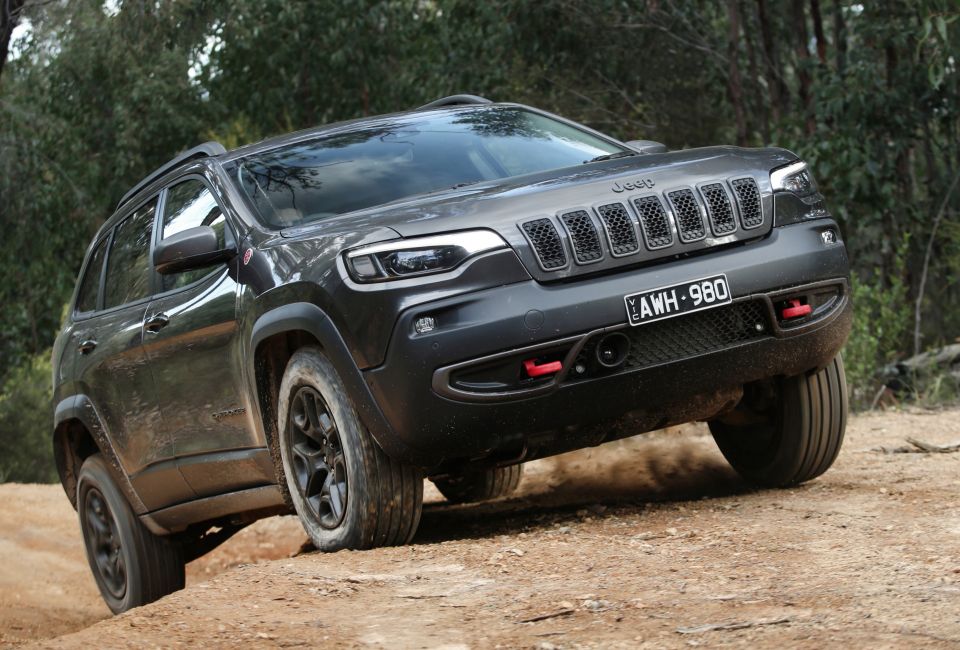
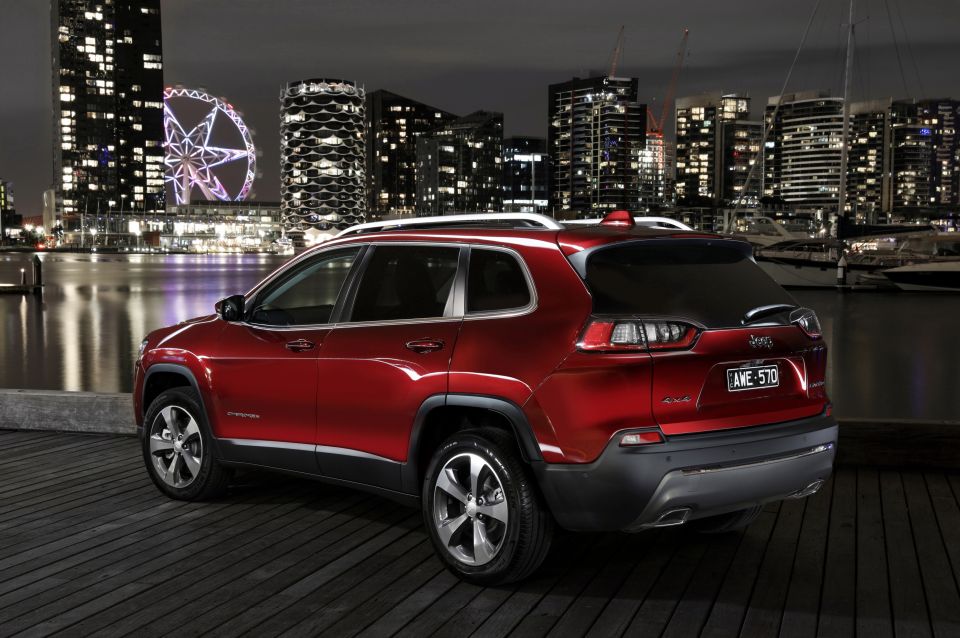
When Jeep revived the Cherokee nameplate in 2013 in the US (the previous two generations were called Liberty there), the Cherokee Nation expressed their concern.
“We are really opposed to stereotypes,” said Amanda Clinton, a spokeswoman for the Cherokee Nation, to The New York Times. “It would have been nice for them to have consulted us in the very least.”
Jeep has reportedly reached out to the Cherokee Nation since Hoskin Jr. released his statement.
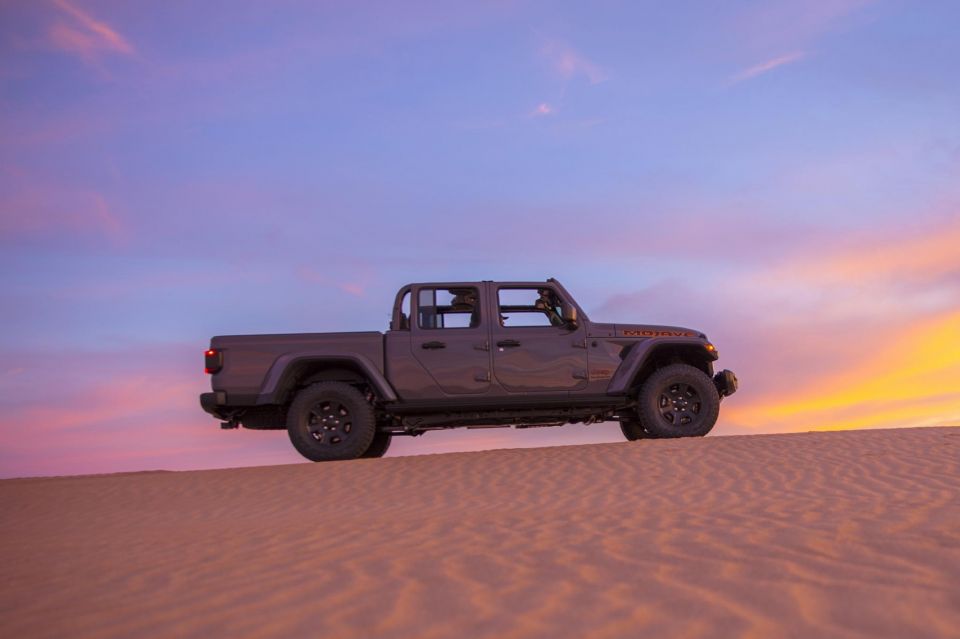
The company also uses the Mojave name, another Native American people, for a variant of the Gladiator.
This nameplate is also used by Kia for its full-sized SUV, though it spells it Mohave. However, it’s arguable both companies were naming these rugged, body-on-frame vehicles for the Mojave Desert in California, though the desert itself was named for the people.
Nevertheless, Native American names have been regularly co-opted as they conjure up imagery of rugged, rural parts of the US, helpful to automakers marketing SUVs and pickup trucks.
Jeep used the Comanche nameplate for a pickup truck, even offering it in Chief trim.
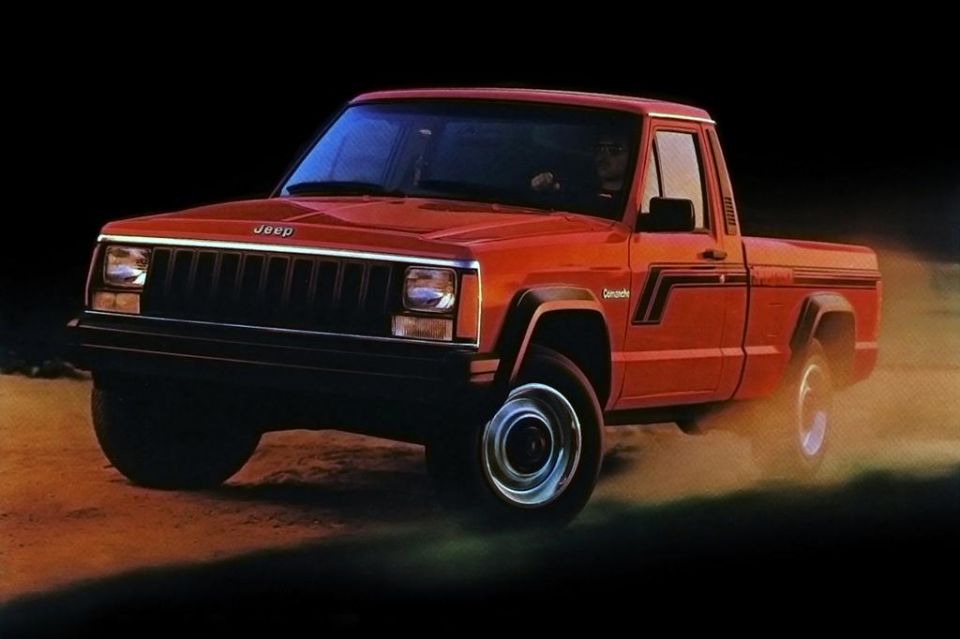
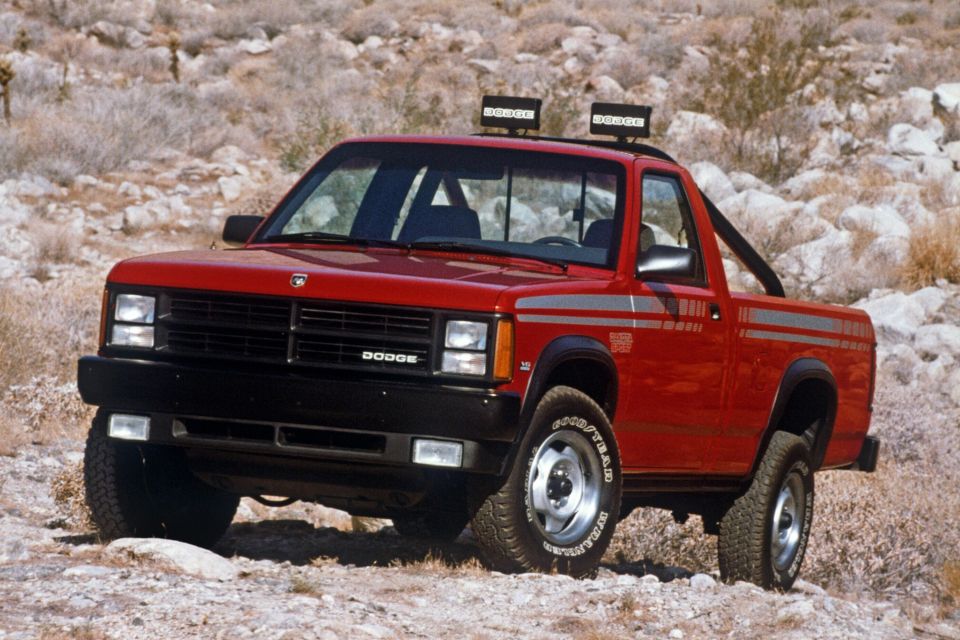
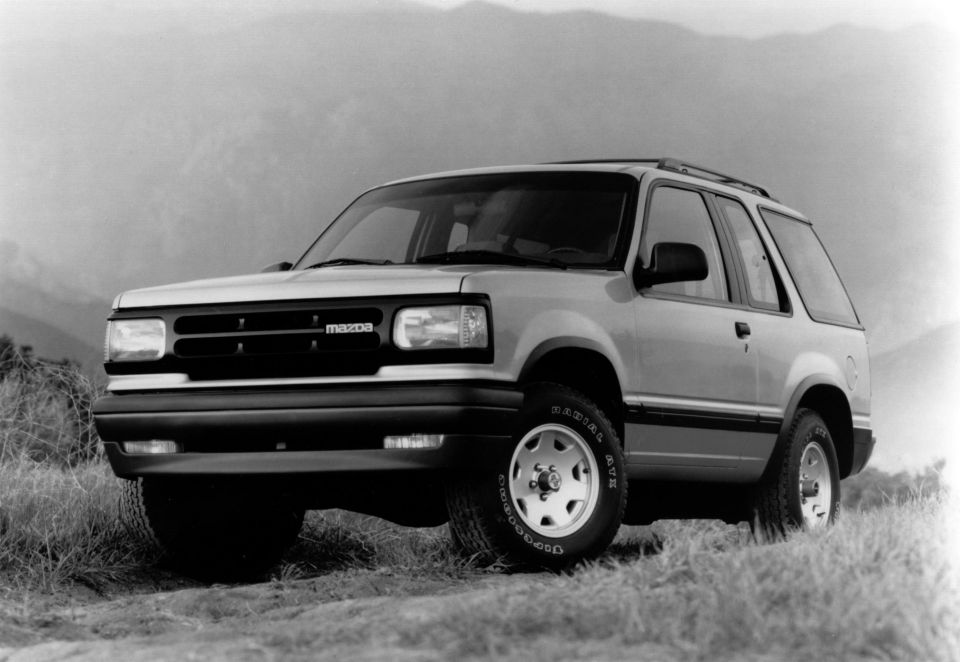
The Comanche was discontinued rather ironically in favour of the Dodge Dakota, another pickup with an indigenous name.
Mazda sold a rebadged version of the Ford Explorer called the Navajo, while Chevrolet has used both the Apache and Cheyenne names on pickup trucks.
While not a tribe, Ford used the Thunderbird name for several decades. The Thunderbird is a hallowed creature in Native American mythology.
Moving beyond the US, there have been other vehicles named for indigenous groups like the Nissan Qashqai, Pontiac Aztek and Volkswagen Touareg.
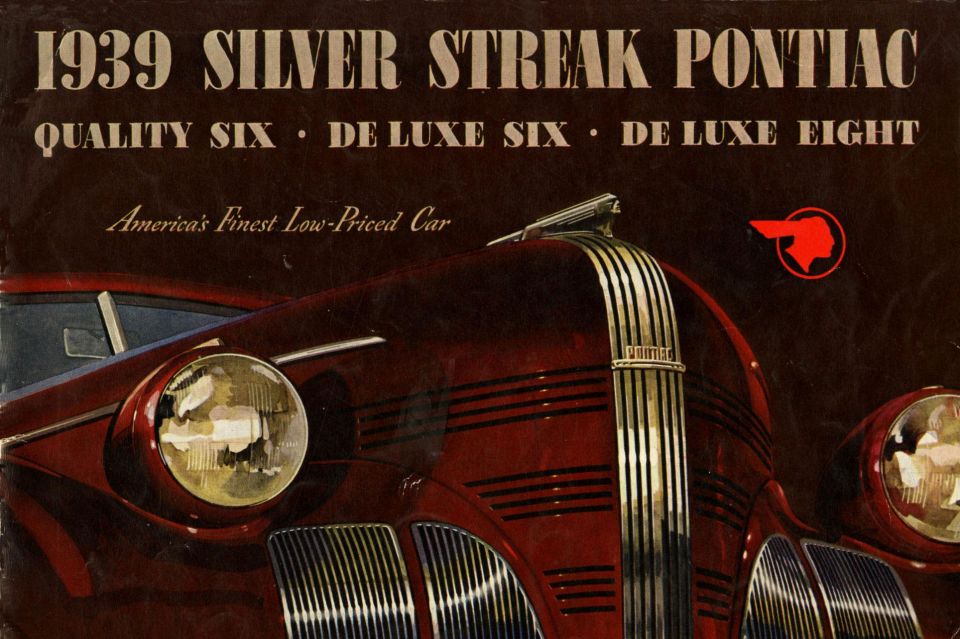
The Pontiac brand itself was named for a famous Odawa chief, and General Motors used his likeness for the logo and even hood ornaments before changing it to an arrowhead in 1959.
Where expert car reviews meet expert car buying – CarExpert gives you trusted advice, personalised service and real savings on your next new car.
William Stopford is an automotive journalist based in Brisbane, Australia. William is a Business/Journalism graduate from the Queensland University of Technology who loves to travel, briefly lived in the US, and has a particular interest in the American car industry.


Josh Nevett
5 Days Ago
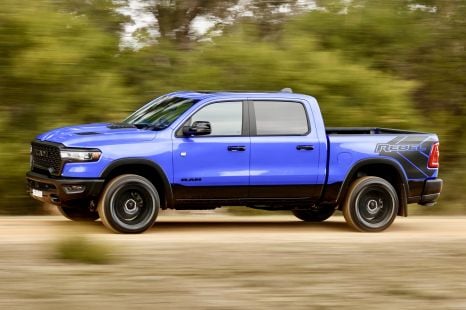

Max Davies
5 Days Ago
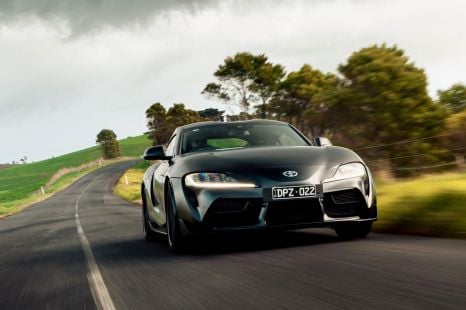

Max Davies
3 Days Ago
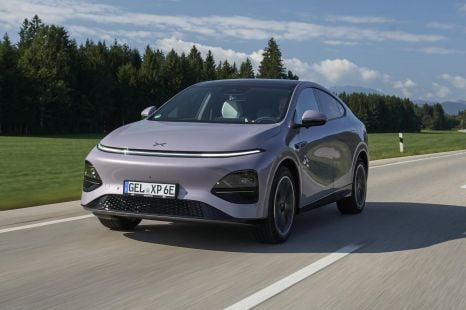

Neil Briscoe
2 Days Ago
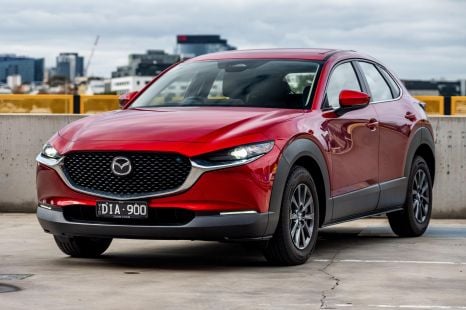

Max Davies
1 Day Ago
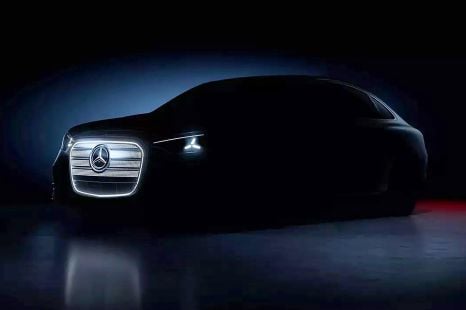

Derek Fung
5 Hours Ago